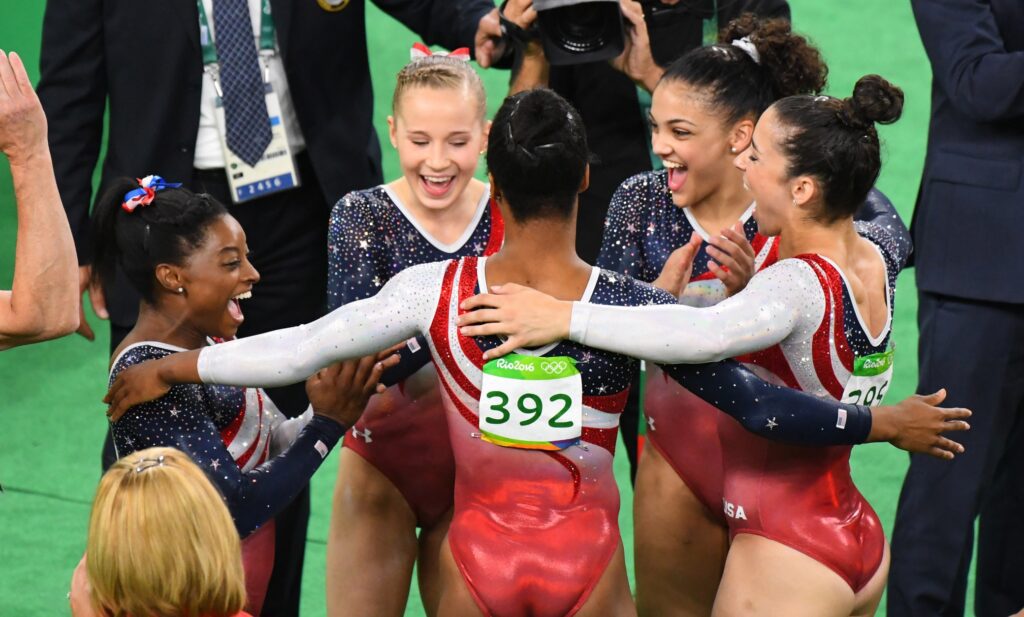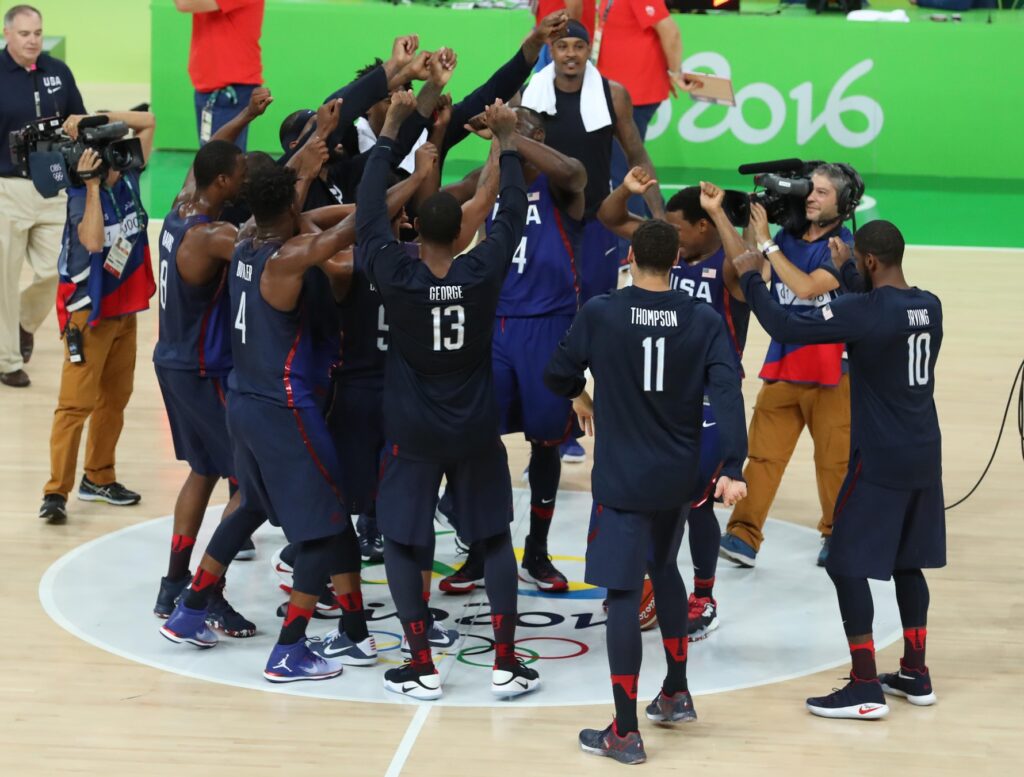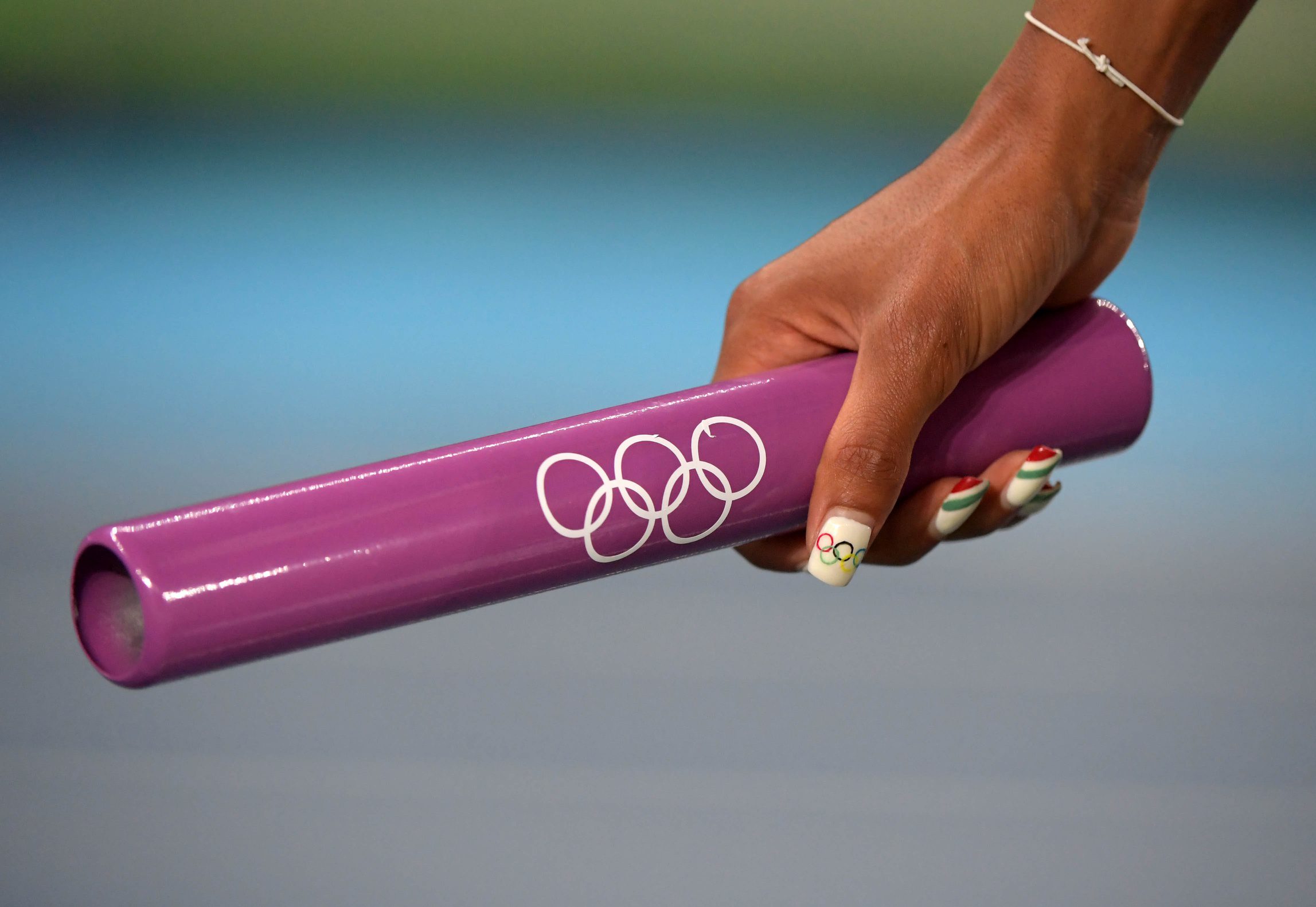The Olympic Games represent the pinnacle of athletic achievement, where physical prowess meets mental fortitude. While physical training is crucial, the mental aspect of competition often separates the champions from the rest. This article explores how to build Olympic mental strength and how mental toughness is needed to excel in the high-pressure environment of the Olympics. Let’s dive into the strategies and techniques that can help transform an athlete’s mindset into that of an Olympic champion.
Understanding Mental Toughness in Olympic Sports
Mental toughness is the ability to perform at your best, regardless of circumstances. For Olympic athletes, this means maintaining focus, confidence, and composure under intense pressure. It involves managing stress, overcoming setbacks, and staying motivated through grueling training sessions and competitions.
Olympic champions often credit their success to mental strength. They use various techniques to build this crucial skill, including visualization, positive self-talk, and goal setting. These methods help athletes stay focused on their objectives and perform at their peak when it matters most.
Strategies for Building Olympic-Level Mental Toughness
- Visualization: Athletes can mentally rehearse their performances, imagining every detail of their event. This technique helps build confidence and familiarity with the competitive environment.
- Positive Self-talk: Encouraging internal dialogue can boost an athlete’s confidence and motivation. Replacing negative thoughts with positive affirmations can significantly impact performance.
- Goal-setting: Setting clear, achievable goals help athletes stay focused and motivated. Breaking long-term objectives into smaller, manageable targets can make the journey to Olympic success less overwhelming.
- Mindfulness and Meditation: These practices can help athletes stay present and focused, reducing anxiety and improving concentration during competition.

Many American Olympians have openly discussed their mental health struggles and the importance of prioritizing psychological well-being. Their experiences highlight the need for comprehensive mental health support in addition to mental toughness training. For instance, decorated gymnast Simone Biles made headlines when she withdrew from several events in the 2021 Tokyo Olympics to focus on her mental health. This bold move sparked a global conversation about the intense pressures faced by elite athletes and the courage it takes to prioritize mental well-being over competition. Such openness from high-profile athletes has encouraged others to seek help and has pushed sports organizations to improve their mental health resources and support systems.
Overcoming Challenges and Setbacks
Resilience is a key component of mental toughness. Olympic athletes often face injuries, losses, and personal setbacks on their journey to the Games. Developing strategies to bounce back from these challenges is crucial.

- Reframing Setbacks: View challenges as opportunities for growth rather than insurmountable obstacles.
- Seeking Support: Building a strong support network of coaches, teammates, and mental health professionals can provide crucial assistance during difficult times.
- Learning from Failures: Analyzing losses and mistakes can lead to valuable insights and improvements in performance.
- Maintaining Perspective: Remembering that setbacks are a normal part of any athletic journey can help athletes stay motivated and focused on their long-term goals.
The Role of Mental Health in Olympic Performance
While mental toughness is important, it’s equally crucial to recognize the significance of overall mental health in athletic performance. The intense pressure of Olympic competition can take a toll on athletes’ psychological well-being.
The media plays a significant role in shaping public perception of athletes’ mental health. Increased awareness and open discussions about mental health challenges in sports can help reduce stigma and encourage athletes to seek help when needed.
Strategies for maintaining good mental health are crucial for Olympic athletes. It’s important to balance intense training with adequate rest and recovery periods to prevent burnout. Athletes should also engage in activities outside of their sport to maintain a well-rounded identity and perspective. Regular check-ins with mental health professionals can help address any emerging issues before they become major problems. Additionally, practicing stress-management techniques like deep breathing and progressive muscle relaxation can help athletes cope with the pressures of high-level competition.
In conclusion, developing mental toughness is a crucial aspect of Olympic success. By implementing strategies like visualization, positive self-talk, and resilience training, athletes can build the psychological strength needed to perform at their best on the world’s biggest stage. However, it’s equally important to maintain overall mental health and seek support when needed. With a balanced approach to mental preparation, athletes can maximize their chances of achieving Olympic glory while maintaining their well-being.
By prioritizing both mental toughness and overall mental health, Olympic athletes can better prepare themselves for the challenges of competition at the highest level!









